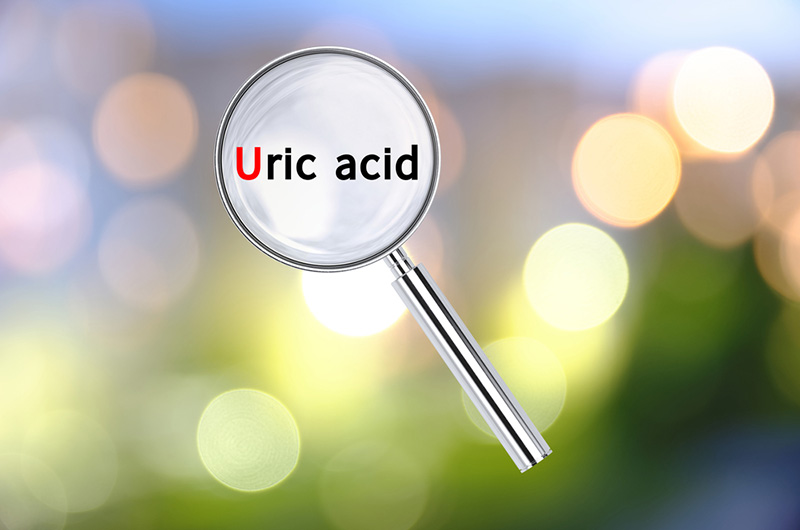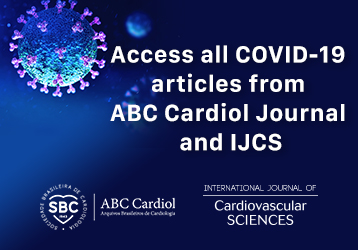Volume 111, Nº 6, December 2018
DOI: http://www.dx.doi.org/10.5935/abc.20180197
ORIGINAL ORIGINAL
Serum Uric Acid Levels are Associated with Cardiometabolic Risk Factors in Healthy Young and Middle-Aged Adults
Thaís da Silva Ferreira
Julia Freitas Rodrigues Fernandes
Luciene da Silva Araújo
Lívia de Paula Nogueira
Priscila Mansur Leal
Vanessa Parada Antunes
Maria de Lourdes Guimarães Rodrigues
Debora Cristina Torres Valença
Sergio Emanuel Kaiser
Márcia Regina Simas Torres Klein

Abstract
Background: Observational studies have highlighted an association between serum uric acid (SUA) levels and cardiovascular risk factors. Despite the growing body of evidences, several studies were conducted in older individuals or in carriers of diseases susceptible to affect SUA levels and cardiometabolic risk markers.
Objective: To evaluate the relationship of SUA with body adiposity, metabolic profile, oxidative stress, inflammatory biomarkers, blood pressure and endothelial function in healthy young and middle-aged adults. Methods: 149 Brazilian adults aged 20-55 years, both sexes, underwent evaluation of body adiposity, SUA, fasting glucose and insulin, lipid profile, malondialdehyde (MDA), high sensitivity C-reactive protein (hs-CRP), adiponectin, blood pressure and endothelial function. Endothelial function was assessed by the reactive hyperemia index (RHI) derived from peripheral arterial tonometry method. Participants were allocated in two groups according to SUA levels: control group (CG; n = 130; men ≤ 7 mg/dL, women ≤ 6 mg/dL) and hyperuricemia group (HG; n = 19; men > 7 mg/dL, women > 6 mg/dL). A P-value < 0.05 was considered statistically significant.
Results: After adjustment for confounders, participants in HG compared with those in CG displayed higher body mass index (BMI): 34.15(33.36-37.19) vs.31.80 (26.26-34.42) kg/m2,p = 0.008, higher MDA: 4.67(4.03-5.30) vs. 3.53(3.10 4.07) ng/mL, p < 0.0001 and lower RHI: 1.68 ± 0.30 vs. 2.05 ± 0.46, p = 0.03). In correlation analysis adjusted for confounders, SUA was positively associated (p < 0.05) with BMI, waist circumference, LDL-cholesterol, triglycerides and MDA, and negatively associated (p < 0.05) with HDL-cholesterol, adiponectin and RHI.
Conclusions: This study suggests that in healthy young and middle-aged adults higher SUA levels are associated with higher body adiposity, unfavorable lipid and inflammatory phenotype, higher oxidative stress and impaired endothelial function. (Arq Bras Cardiol. 2018; 111(6):833-840)
Keywords: Uric Acid/metabolism; Oxidative Stress; Inflammation; Endothelium/ dysfunction; Adults.















